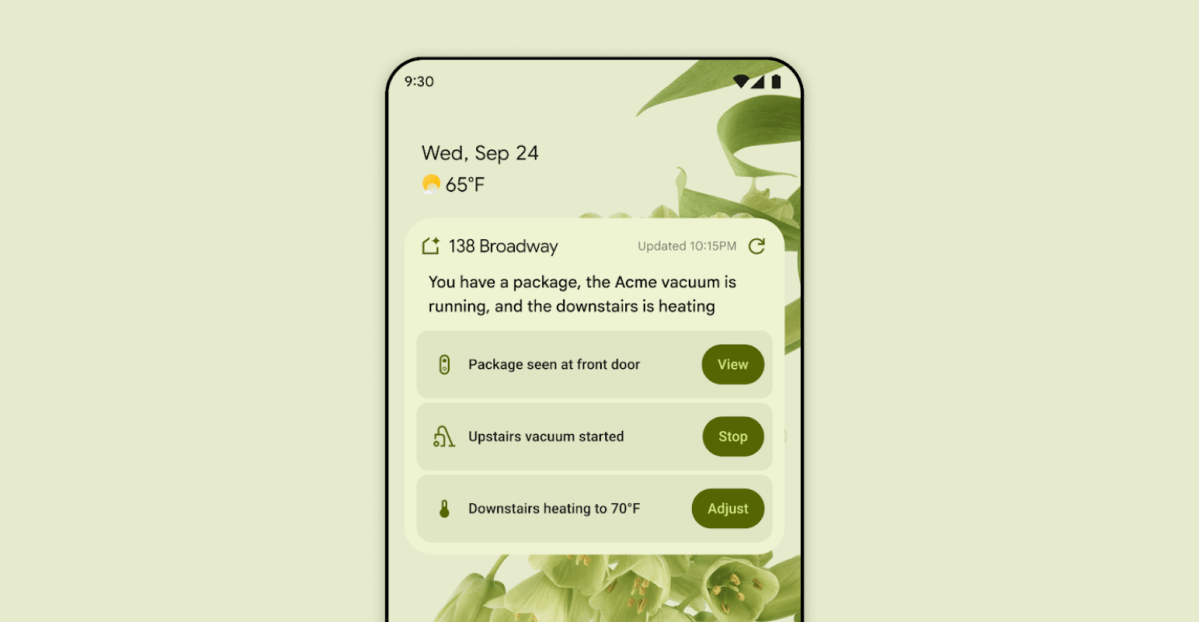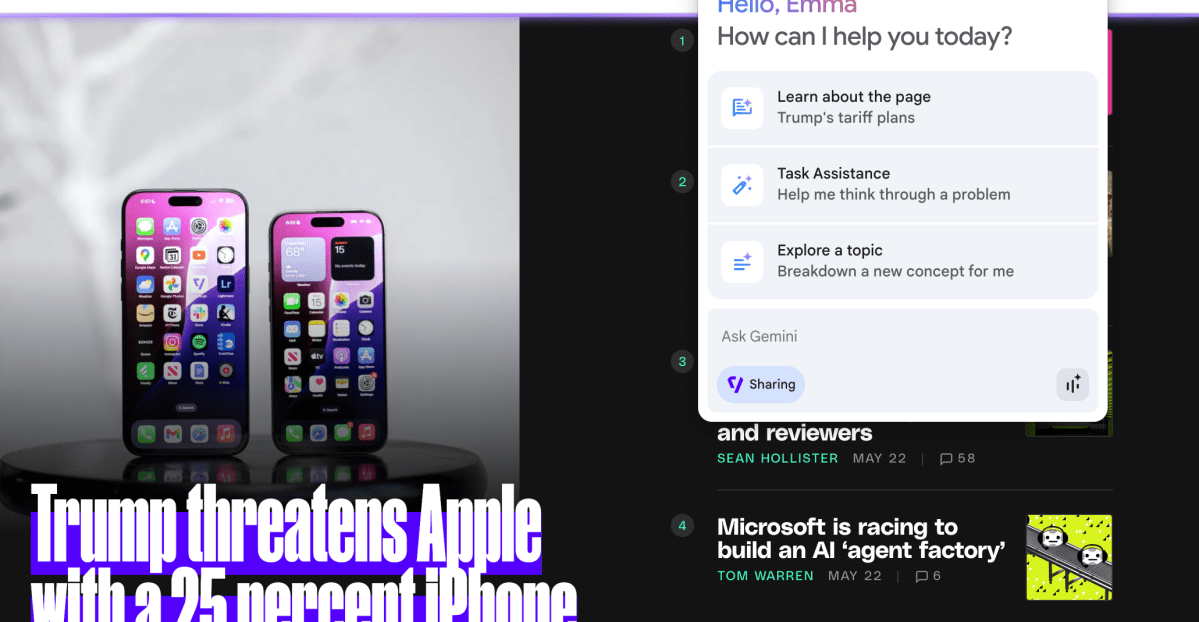
AI Doesn’t Belong in Journaling: Gemini, Google’s Journal, and the Case for Analog Writing
Sources: https://www.theverge.com/analysis/764519/ai-gemini-pixel-journal-app, The Verge AI
TL;DR
- Apple’s Journal uses on‑device machine learning to prompt users based on iPhone content (contacts, photos, music, workouts, podcasts, location data); the author finds this unsettling. The Verge
- Google’s Journal app leans more into AI, with on‑device prompts, AI summaries of entries, and a mood calendar; Gemini is positioned to make journaling easier. The Verge
- The piece argues journaling should not be effortless: a blank page is intentional, and effort shapes meaning. The author cites a quote about inconvenience from Four Thousand Weeks. The Verge
- Handwriting and analog journaling are linked to better memory retention and mental clarity; privacy concerns are raised about AI‑driven journaling. The author recounts personal experiences with both digital and physical journaling. The Verge
Context and background
In July 2023, the author deleted the Day One journaling app from their devices, a decision prompted by Apple’s WWDC reveal of its Journal app. Apple described Journal as using on‑device machine learning to surface prompts drawn from a user’s iPhone data—contacts, photos, music, workouts, podcasts, and location information. The idea evoked memories of the Photos app’s Memories feature, which had resurfaced a photo of the author’s mother at her open casket and led to a visceral reaction. The Verge notes that Google’s Journal demo leans more heavily into AI than Apple’s version, with on‑device AI generating summaries of entries and a calendar view that attaches mood emoji to each day. The goal, as conveyed by Google, is to make journaling easier—akin to how Gemini can simplify other writing tasks like emails and document summaries. The Verge
What’s new
The article contrasts two directions in AI journaling. Apple’s Journal centers on prompts derived from private data locally on the device, aiming to spark reflection without external data transfer. Google’s Journal, powered by Gemini, is described as more AI‑driven: it offers AI‑generated summaries of journal entries and a mood calendar that uses emoji to reflect daily sentiment. The idea, per Google, is to reduce friction and help users write more, while still keeping processing on‑device in theory. The Verge
Why it matters (impact for developers/enterprises)
The piece frames a broader debate about privacy, data ownership, and the meaning of journaling. The author questions whether anything connected to the internet (even when advertised as fully on‑device and lockable) can feel truly private. The concern extends to AI summaries that reduce entries to digestible takeaways, potentially stripping away the value of deliberate reflection. In arguing for analog journaling, the author suggests that “inconvenience” can preserve the intimate, private nature of personal writing. The discussion also nods to demonstrations of AI that prioritize convenience over depth, such as the idea of drafting perfect fan letters in a single step. The Verge
Technical details or Implementation
- Apple Journal (on-device): Prompts based on the contents of the iPhone, including contacts, photos, music, workouts, podcasts, and location data. The system is described as on‑device ML meant to surface prompts rather than upload data to cloud services. The Verge
- Google Journal (Gemini, on-device AI): AI‑driven journaling prompts and summaries of entries, plus a calendar view that assigns a mood emoji to each day. The idea is to make journaling easier and to handle writing tasks with AI assistance. The Verge
- Privacy stance: The author highlights that even on‑device, lockable, and deletable options feel insufficient for true privacy, since nothing connected to the internet is ever perfectly private in practice. The Verge
Key takeaways
- The value of journaling, for the author, lies in deliberate effort and the friction of a blank page. AI tooling risks diluting that process.
- On‑device AI features for journaling are not automatically privacy-preserving in the author’s view; the private nature of personal reflections is central to meaningful journaling.
- Handwriting and physical journaling are associated with better memory retention and mental clarity, according to cited studies, and the author reports personal improvement after returning to analog writing.
- AI summaries can flatten nuance and emotional depth, contrasting with the enduring value of handwritten entries and the personal arc of reflection.
- The piece urges a cautious approach to AI in writing, emphasizing the importance of struggle, time, and introspection in developing thought.
FAQ
-
What is the core argument against AI in journaling?
Journaling should involve effort, inconvenience, and privacy; AI can make writing too easy and undermine those aspects.
-
How do Apple and Google differ in their journaling approaches?
pple emphasizes on‑device prompts based on iPhone content, while Google’s Journal uses Gemini for AI prompts and entry summaries, plus a mood calendar. [The Verge](https://www.theverge.com/analysis/764519/ai-gemini-pixel-journal-app)
-
Why does analog journaling matter to the author?
Handwriting is linked to better memory retention, and the lack of searchability in a physical journal encourages deliberate reflection and focus.
-
Are on‑device AI journaling tools truly private?
The author questions this, noting that even on‑device, lockable solutions may not fully protect the private nature of intimate thoughts. [The Verge](https://www.theverge.com/analysis/764519/ai-gemini-pixel-journal-app)
-
What personal experience does the author share?
fter deleting the AI journaling app, they returned to a physical journal, observing mental health and cognitive benefits, and recount a long personal memory to illustrate the value of reflection.
References
More news
First look at the Google Home app powered by Gemini
The Verge reports Google is updating the Google Home app to bring Gemini features, including an Ask Home search bar, a redesigned UI, and Gemini-driven controls for the home.
Meta’s failed Live AI smart glasses demos had nothing to do with Wi‑Fi, CTO explains
Meta’s live demos of Ray-Ban smart glasses with Live AI faced embarrassing failures. CTO Andrew Bosworth explains the causes, including self-inflicted traffic and a rare video-call bug, and notes the bug is fixed.
OpenAI reportedly developing smart speaker, glasses, voice recorder, and pin with Jony Ive
OpenAI is reportedly exploring a family of AI devices with Apple's former design chief Jony Ive, including a screen-free smart speaker, smart glasses, a voice recorder, and a wearable pin, with release targeted for late 2026 or early 2027. The Information cites sources with direct knowledge.
Shadow Leak shows how ChatGPT agents can exfiltrate Gmail data via prompt injection
Security researchers demonstrated a prompt-injection attack called Shadow Leak that leveraged ChatGPT’s Deep Research to covertly extract data from a Gmail inbox. OpenAI patched the flaw; the case highlights risks of agentic AI.
How chatbots and their makers are enabling AI psychosis
Explores AI psychosis, teen safety, and legal concerns as chatbots proliferate, based on Kashmir Hill's reporting for The Verge.
Google expands Gemini in Chrome with cross-platform rollout and no membership fee
Gemini AI in Chrome gains access to tabs, history, and Google properties, rolling out to Mac and Windows in the US without a fee, and enabling task automation and Workspace integrations.





